
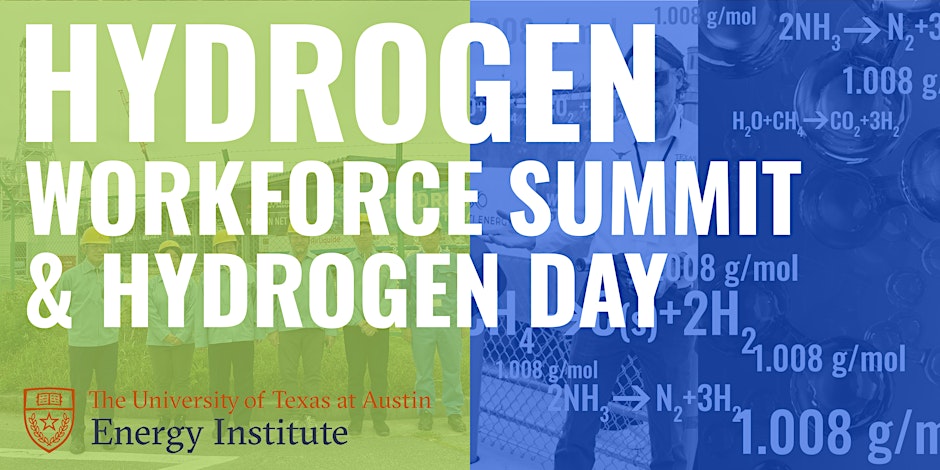
Visit UT Austin next week for the Hydrogen Workforce Summit & Hydrogen Day 2024, October 7-8! Explore the future of hydrogen energy, network with industry leaders, and attend an optional H2@Scale tour on October 9.
Register for FREE now: Hydrogen Summit

It is not too late to join the #WeekWithoutDriving challenge and help build a more inclusive and accessible transportation system! Launched in 2021 by Anna Zivarts at Disability Rights Washington, this campaign challenges leaders and individuals to go a week without driving. In 2023, the campaign went national in partnership with America Walks, with 142 organizations across 41 states and D.C. participating. Texas organizations, including CapMetro, Movability, and Walk Austin, are leading the charge for equitable transit solutions. Be part of this movement in 2024!
Learn more about a Week Without Driving.
Micro-Mobility and the Future of the Single Commuter
Lifestyle in Central Texas
Central Texas is undergoing rapid growth, with an ever-increasing population that brings both challenges and opportunities for transportation infrastructure. Cities throughout Bastrop, Cadwell, Hays, Travis, and Williamson Counties have seen dramatic increases in population over the past three decades. For instance, Williamson County grew from 171,387 residents in 1994 to nearly 700,000 in 2022, marking its place as one of the fastest-growing counties in the U.S. This surge is mirrored across the region, reflecting a need for innovative transportation solutions that can adapt to rising demand while reducing environmental impacts.
As our region continues its fast-paced growth, increased traffic congestion creates concerns about air quality issues like NOx and PM2.5 levels increasing to the point of triggering greater federal regulations.
One of the most pressing concerns is the reliance on single-occupancy vehicle commuting. In 2022, over 91% of U.S. households owned at least one vehicle, and more than 22% had three or more. I-35, one of the busiest interstates in the country, going through the Central Texas, handles enormous amounts of commuter and freight traffic. The single-occupancy commuter lifestyle is a major contributor to air pollution, and transitioning to more sustainable alternatives is crucial. To address these issues, the region is increasingly looking toward micro-mobility, transit, and other innovative transportation systems designed to offer residents more options than traditional car use.
What is Micro-Mobility?
Micro-mobility refers to a variety of methods of transportation, often electric-powered, that allow people to travel short distances avoiding the need to use a single-occupancy vehicle either with a shared vehicle, a smaller vehicle, e-biking, biking, scootering or, or walking. These services, such as bike- and scooter-shares, have gained popularity in cities like Austin and San Marcos. These options allow individuals to make short trips—usually under five miles—without the need for a single-passenger car trip reducing traffic congestion and air pollution.
These types of programs are growing so check out your local transit options. If visiting, check out that city’s transit. For example the Capital Area Rural Transit System (CARTS), launched an on-demand shuttle service in 2021 in downtown Bastrop and has expanded this service to five additional downtowns.
As more residents move into suburban and rural areas, micro-mobility could provide a critical link between these communities and larger transportation hubs. For example, initiatives like The Hop Micro-Transit Program, recently launched in Central Texas cities, are designed to provide on-demand transportation options that complement existing bus and rail services. By offering more flexible and affordable transit options, these programs aim to reduce the number of single-occupancy vehicles on the road.
Addressing Transportation Infrastructure
IInfrastructure is one of the key challenges to expanding micro-mobility in Central Texas. Roads and highways like I-35 are primarily designed for cars and trucks, making it difficult to incorporate bike lanes or scooter-friendly paths. However, cities are beginning to rethink their transportation infrastructure, focusing on expanding bike lanes, creating pedestrian-friendly spaces, and promoting public transit options.
Transit organizations like CapMetro, Movability, Rethink35, CNU-CTX, and Future of New Urban – Central Texas, and more are join in Austin are promoting initiatives such as the Week Without Driving (September 30- October 6), which encourages residents to explore alternative modes of transportation. These programs aim to raise awareness about the benefits of walking, cycling, and using public transit, while also pushing for more investment in infrastructure that supports these alternatives.
The Future of Commuting
At the heart of these efforts is the desire to move away from a car-dependent culture and toward a future where communities can have multiple, convenient options for getting around. Whether it’s through high-speed rail, expanded public transit, or micro-mobility options like e-bikes and scooters, the goal is to create a more efficient and environmentally friendly transportation system that serves the needs of Central Texas’ rapidly growing population

Thanks to Oncor’s invitation to Central Texas Clean Cities and CAPCOG to present at their EVolution workshop for their customers. The Oncor presentation was jam-packed with information. If you are in their service area then keep it! If you are not, remember that electric providers have different business models and processes. This chart illustrates the process if electrical upgrades are required to have EV charging at a site. Listing the steps involved shows why advance planning and bringing your utility into the planning process is so important design and construction can take up to 24 months (or longer) depending upon the project.
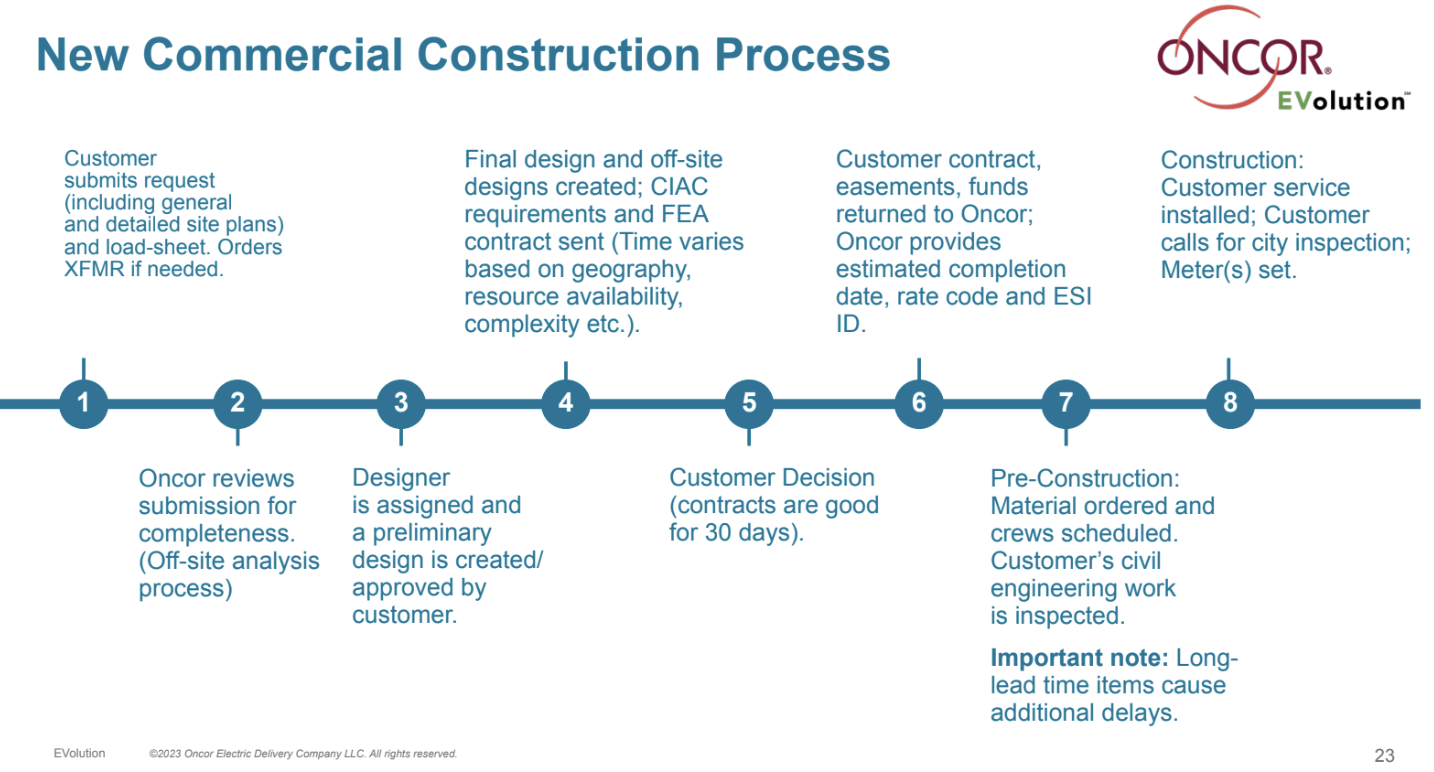
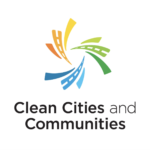
In September, Elizabeth joined the national network of Clean Cities and Communities for the annual training in Minnesota. Every year Clean Cities Coalitions work with the Department of Energy and Argonne, Oak Ridge and the National Renewable Energy Laboratories to strengthen our program.
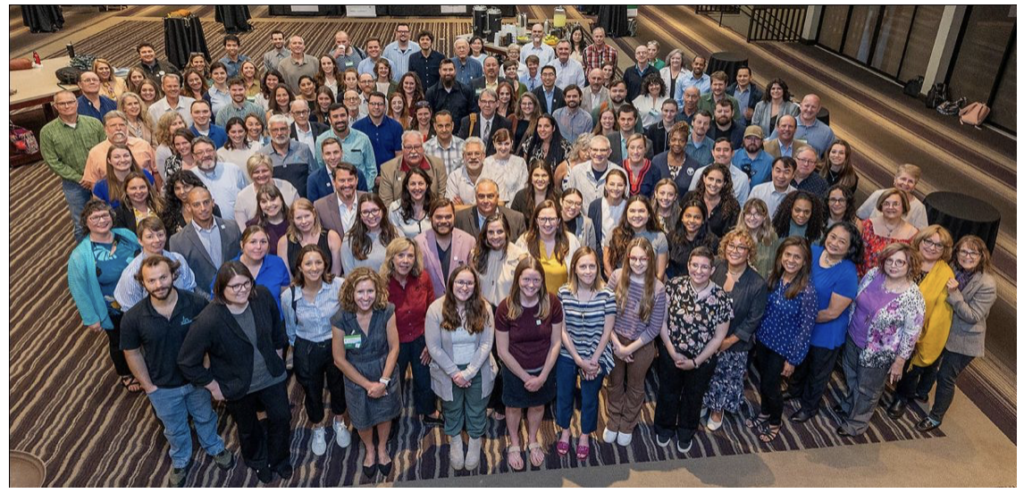
Subscribe to our newsletters for the latest updates, events, and insights.
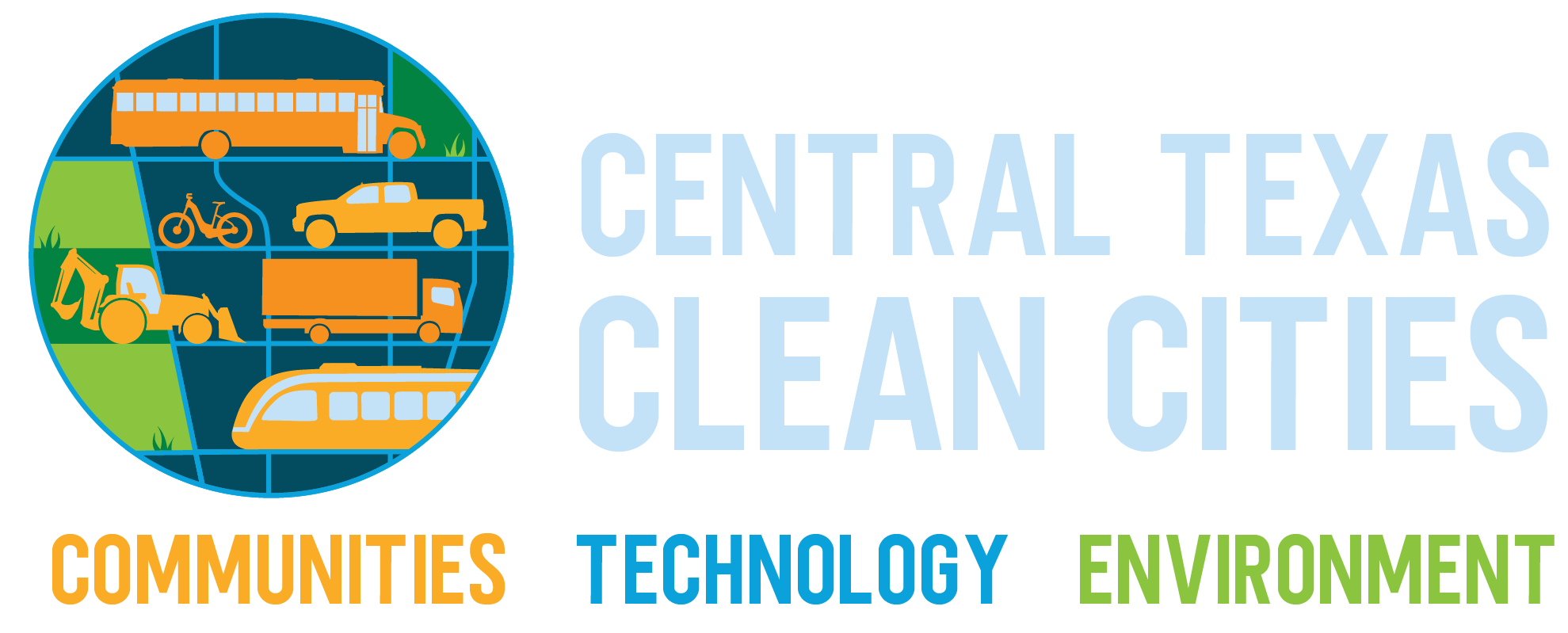

A U.S. Department of Energy designated coalition in the Clean Cities and Communities partnership.